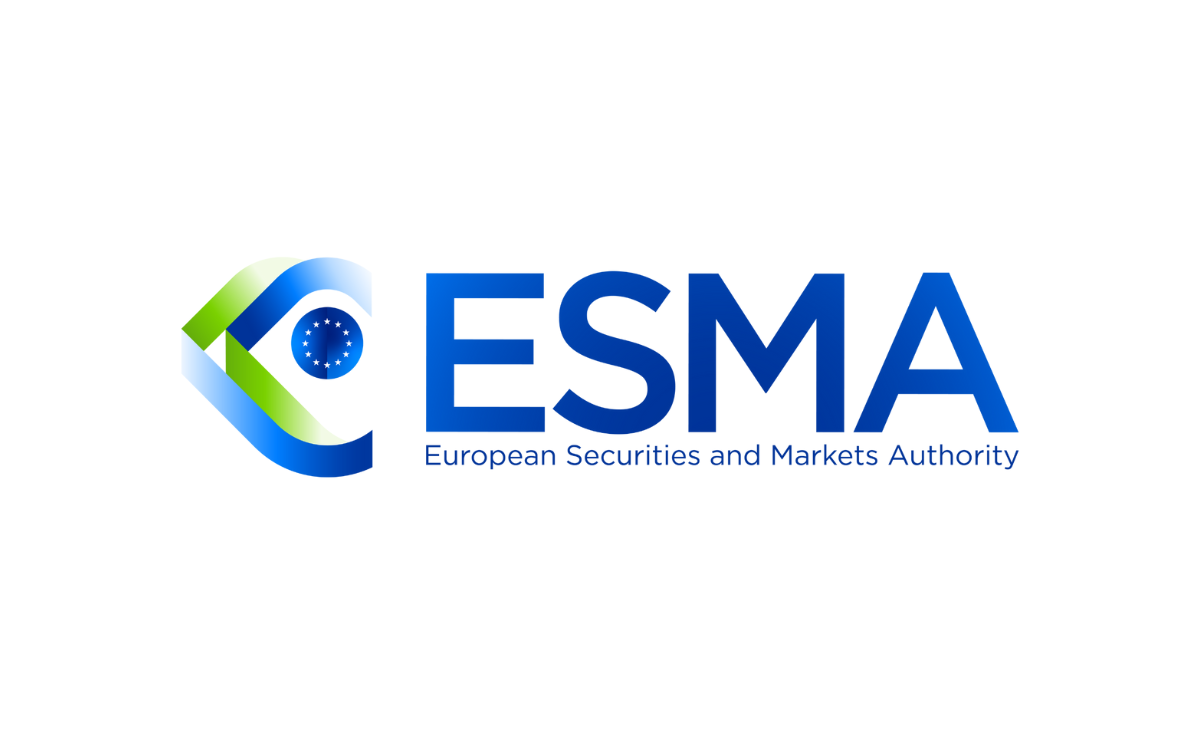 @ESMA
@ESMA
The European Securities and Markets Authority (ESMA), the EU’s financial markets regulator and supervisor, has published its final report containing guidelines on funds’ names using ESG or sustainability-related terms – which it hopes would stamp out issues around perceived ‘greenwashing’.
The new guidance sets out requirements for fund managers using these terms in fund names. Its desired aim is to reduce greenwashing risks and to enhance investor protection from exaggerated or misleading sustainability claims, it said.
“EU financial firms risk inadvertently misleading customers as to the green credentials of their products given the vague and contradictory nature of the disclosure regime under SFDR."
The guidelines follow on from the public statement of 14 December 2023, made by ESMA on the topic.
The naming issue of funds has been a major one for many in the industry. The naming of funds as green, sustainable, impact, or ESG-focused, for example, has seen some controversy over recent years – especially after the introduction of the Sustainable Finance Disclosure Regulation (SFDR) Article 6, Article 8, and Article 9 funds where naming conventions were monitored closely.
“EU financial firms risk inadvertently misleading customers as to the green credentials of their products given the vague and contradictory nature of the disclosure regime under SFDR,” said law firm Pinsent Masons last year.
What is the issue with naming?
The issue of naming has been a big issue for the industry with its potential links to greenwashing.
Alex Wise, Chief Operating Officer, Wealth of Nations Impact Asset Management, discussed common misconceptions about impact investing, and told Fund Operator last year that “optics” around the situation were key. He emphasised that the names have different meanings and ESG investing, and impact investing were two different things, and that those in the industry must be cognisant of these facets.
The issues around naming have been pounced upon by critics of ESG as proving their flimsiness as well as how it leaves them more susceptible to greenwashing. Partly due to this, successive guidelines, such as ESMA’s, are being put in place to create more structure that will standardise the industry.
This issue also fed into the wider topic of where money should be put in funds, which is a contentious subject for some fund operators. Some feel they are being pressured to make less fiducially sensible decisions for clients, to be more ESG-compliant, whilst others fully back the idea.
“Article 8 funds are attracting money again after a year of redemptions,
but they’re still trailing the rest of the market."
For instance, earlier this month, Morningstar reported that the continued uncertainty around possible consequences of mis-labelling funds has driven more investors and fund managers to leave ESG-compliant funds in Q1 2024 in favour of those that are either not compliant or only semi-compliant.
In the first quarter of 2024, flows into Article 8 funds rebounded and netted “€14 billion of new money after three quarters of outflows”, whilst others did not. “Inflows were driven by fixed income and passive strategies,” according to Morningstar’s report.
“Article 8 funds are attracting money again after a year of redemptions, but they’re still trailing the rest of the market,” said Hortense Bioy, Global Director of Sustainability Research, Morningstar, and the report’s lead author. “While active ESG managers are licking their wounds, passive ESG investments continue to appeal to more investors.”
What do the guidelines do?
According to ESMA’s press release, the objective of the guidelines is to ensure that investors are “protected against unsubstantiated or exaggerated sustainability claims in fund names”, and to provide asset managers with clear and measurable criteria to assess their ability to use ESG or sustainability-related terms in fund names.
The guidelines will apply to various fund managers, including UK Alternative Investment Fund Manager (AIFM). “It is not clear whether the guidelines apply to non-EU fund managers – we will need to see how individual countries in the EU implement the guidelines,” said law firm Ropes & Gray on the rules.
ESMA said that to be able to use specific terms such as ESG in a fund’s name, a minimum threshold of 80% of investments should be used to meet environmental, social characteristics, or sustainable investment objectives. The guidelines also apply exclusion criteria for different terms used in fund names:
- “Environmental”, “Impact” and “sustainability”-related terms: exclusions according to the rules applicable to Paris-aligned Benchmarks (PAB); and
- “Transition, “Social” and “Governance”-related terms: exclusions according to the rules applicable to Climate Transition Benchmarks (CTB).
Industry feedback was largely positive – but Seb Beloe, Head of Research at impact investor, WHEB Asset Management, said he felt they could have gone further. "While a threshold mechanism is an important part of the naming criteria and ESMA has made headway, in principle, reasonable fund buyers would expect every investment held in an investment fund to be aligned with the stated objectives of that investment fund,” he said.
"Managers should be required to explain and justify any investments that
do not align with the stated objectives of the investment fund."
Beloe said that a threshold of 100% is more appropriate and that, in practice, funds often hold a proportion of their assets in cash or in other instruments for liquidity purposes. “These should be excluded from the calculation,” he said. “It may be that there are other securities held for short periods that may also not align with the stated investment objectives of the fund.”
“We propose that a threshold of 90%, not including cash and other instruments held for liquidity purposes, is appropriate. Furthermore, managers should be required to explain and justify any investments that do not align with the stated objectives of the investment fund."
ESMA's guidelines for funds using “impact”- or “transition”-related terms state that funds using an impact-related word in their name should also demonstrate a positive, measurable impact. Beloe agreed, saying that, “there should be specific provisions for these terms”. He emphasised, as Wise did, that ESMA said in its statement that the guidelines will be expanded on in cases of a combination of terms, use of transition, sustainability- and impact-related terms, and for funds designating an index as a reference benchmark.
ESMA also noted that the final report containing the guidelines provided a summary of the responses it received to its consultation paper, as well as an explanation of the approach taken to address the comments received.
Please Sign In or Register to leave a Comment.
SUBSCRIBE
Get the recent popular stories straight into your inbox




